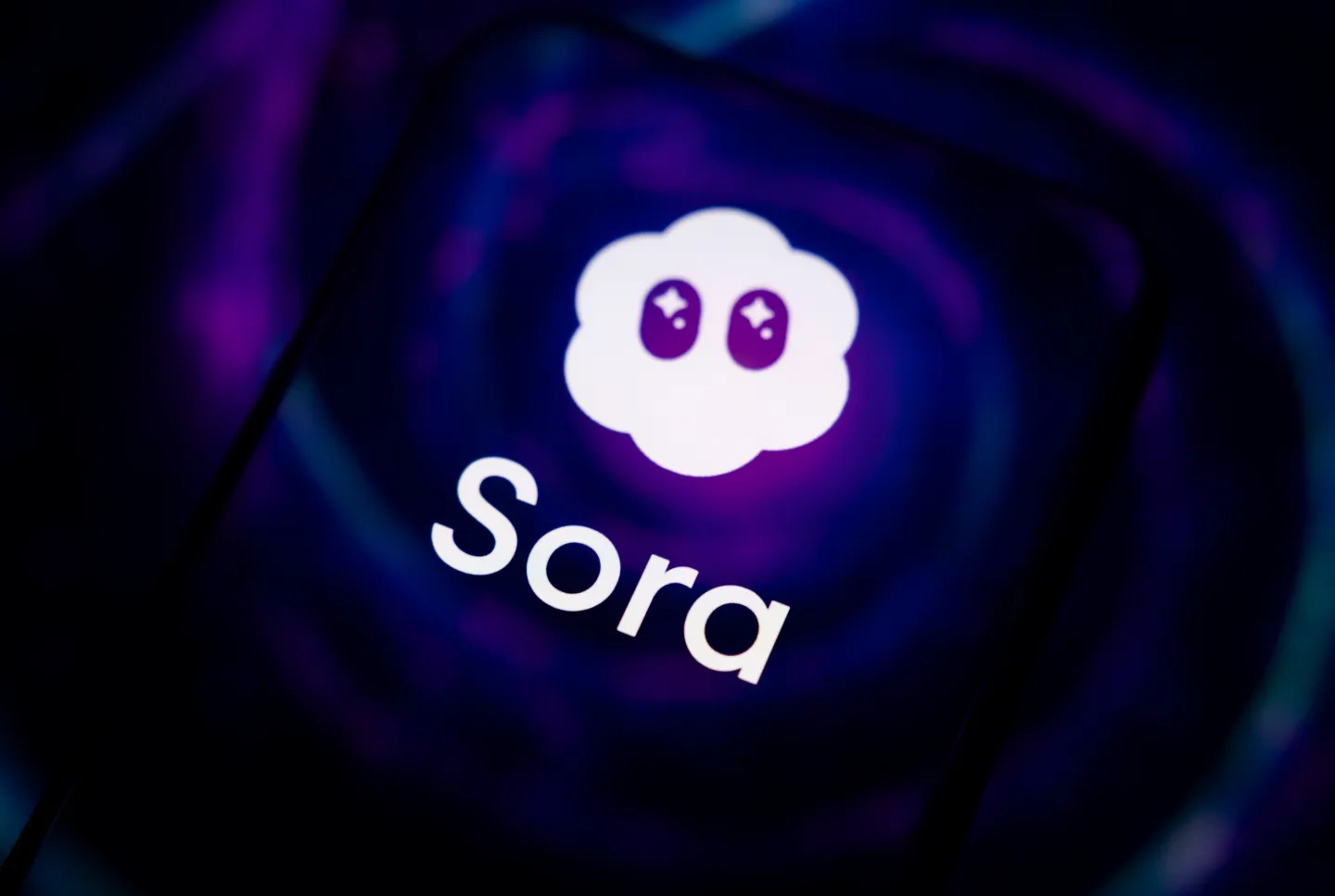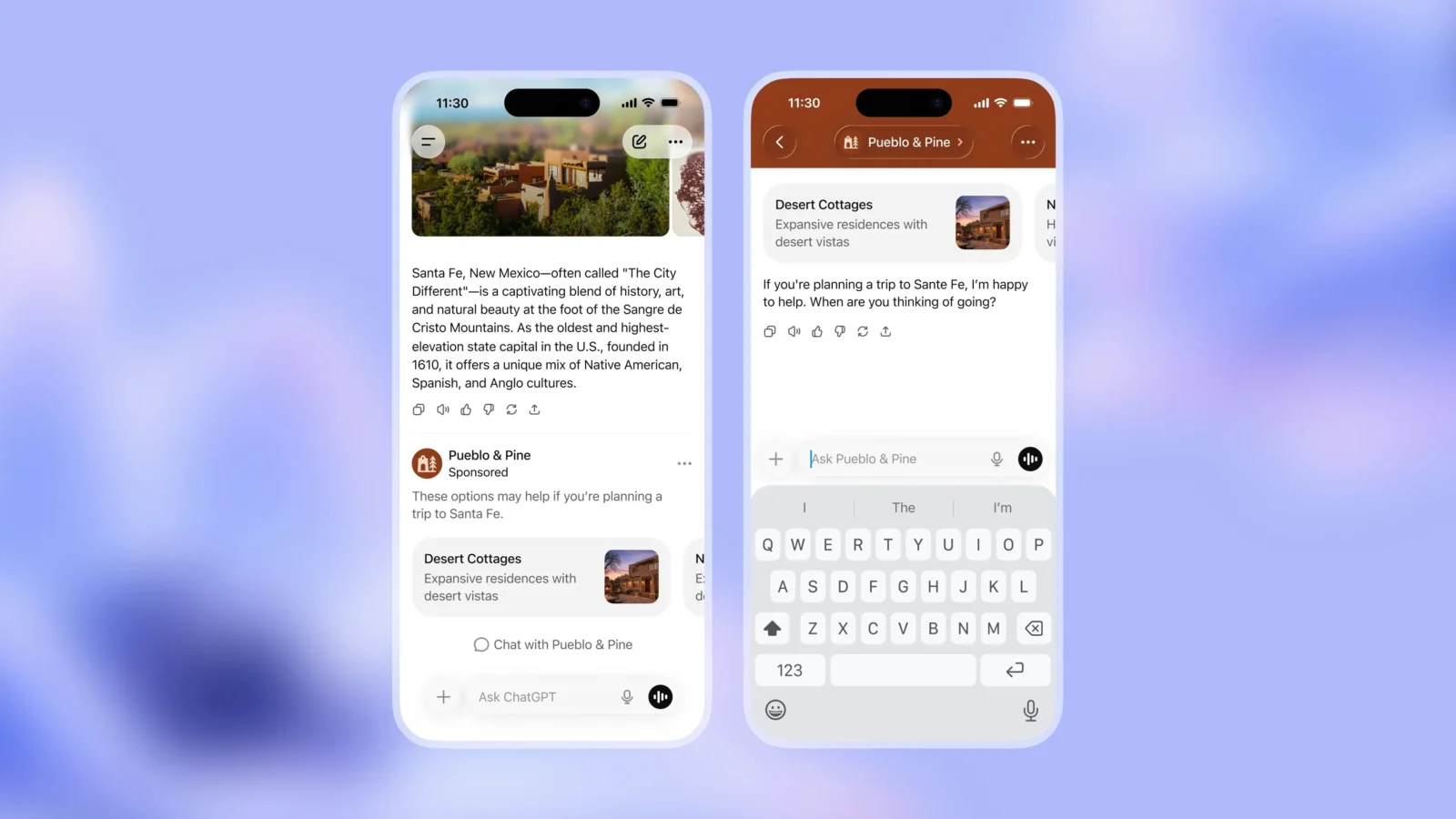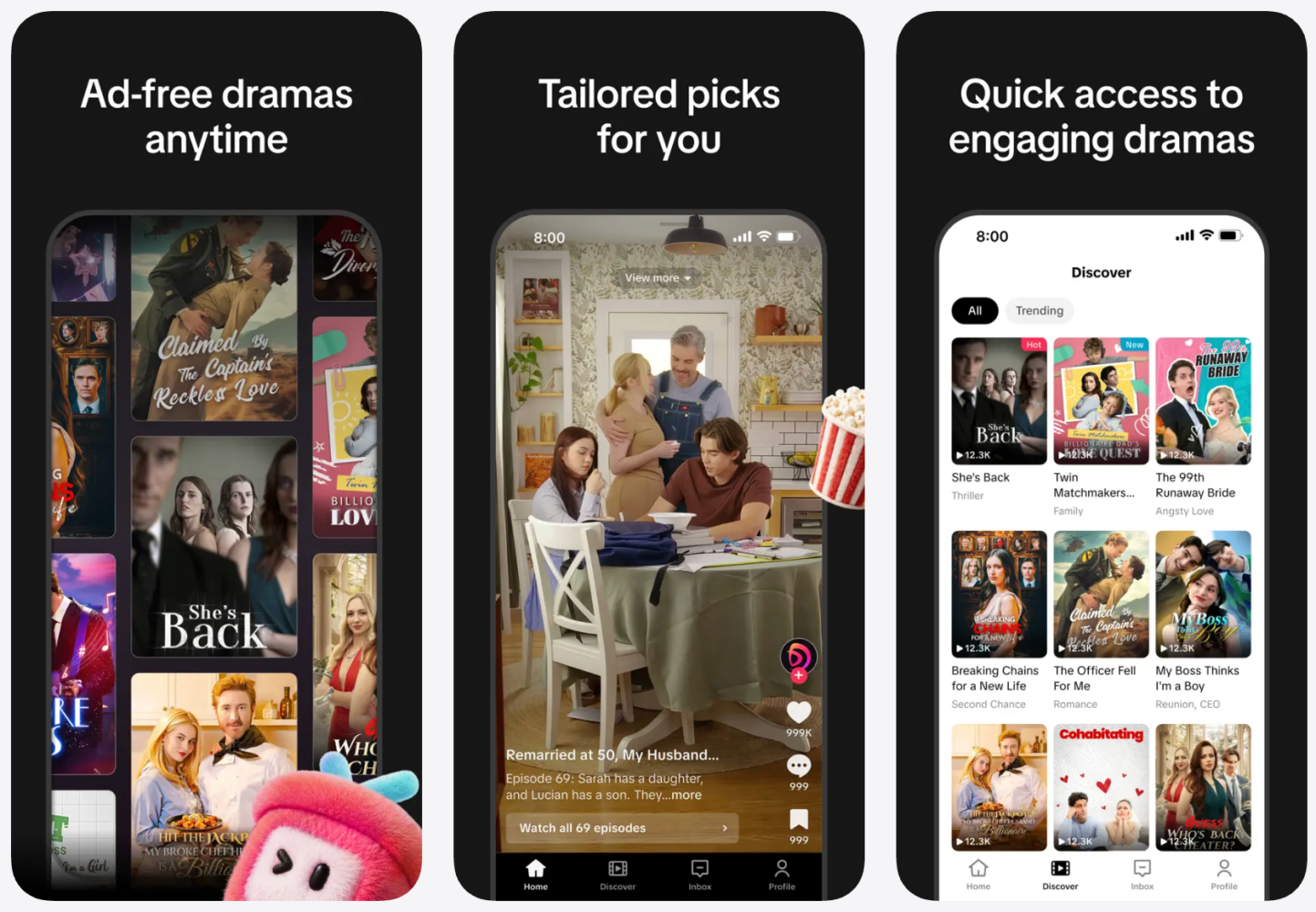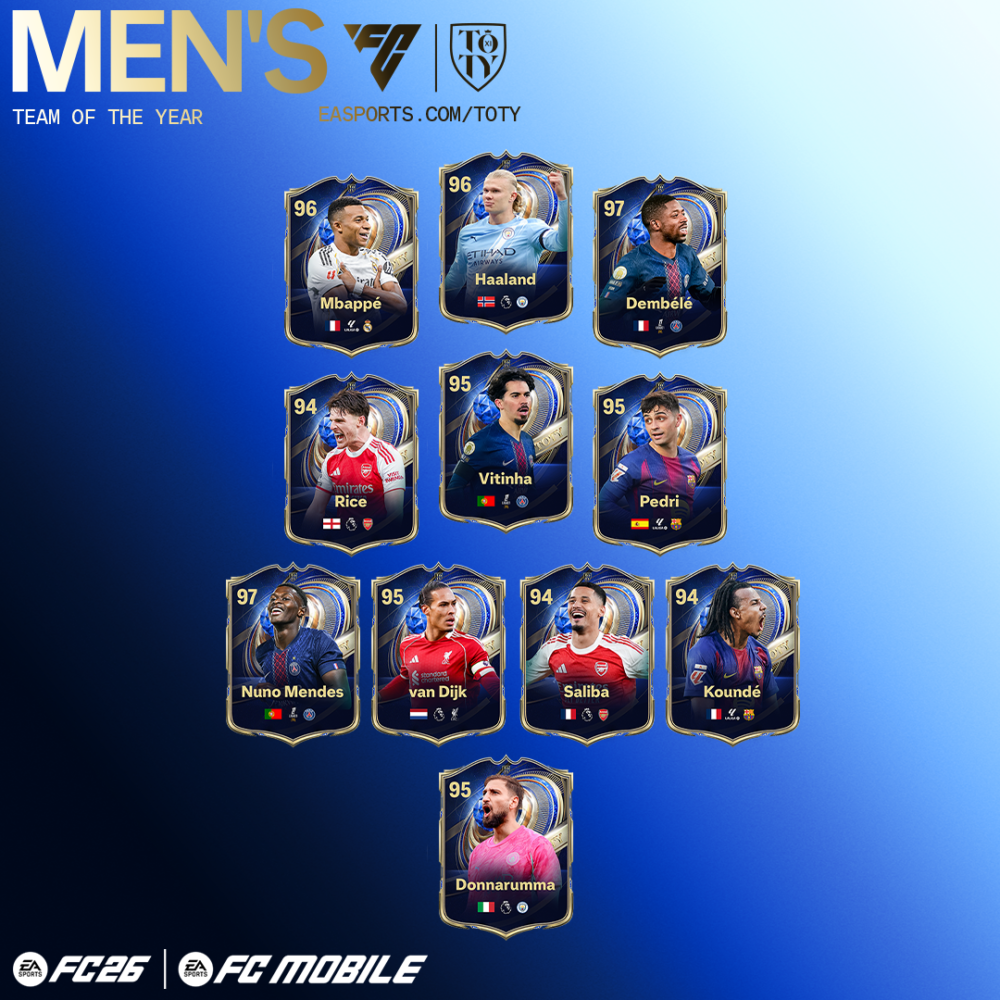OpenAI has expanded access to its AI video creation platform, Sora, by launching the app on Android. Available now through the Google Play Store in select regions including the US, Canada, Japan, Korea, Taiwan, Thailand, and Vietnam, the app allows users to generate, share, and remix AI-created videos in a social feed format.
The Android rollout follows Sora’s iOS debut in September, when the app surpassed one million downloads within five days. Much like TikTok, Sora features a vertical feed of short, AI-generated clips, many created directly within the app. Users can also produce videos featuring themselves or friends through the “cameo” feature, which generates personalized AI content using uploaded images or short prompts.
In recent updates, OpenAI has introduced reusable “character cameos,” enabling creators to build recurring avatars that can appear across different videos. The company has also hinted at a monetization model that would allow rightsholders to license these digital likenesses — potentially earning revenue when certain characters or public figures are used in AI-generated content.
However, Sora’s rapid growth has brought scrutiny. Critics have raised concerns about the app’s handling of deepfakes and copyright protection, especially as synthetic media becomes harder to distinguish from real footage. Following backlash, OpenAI reversed its initial opt-out policy, now allowing creators and rightsholders to restrict the use of their likenesses or works within the platform.
Despite these challenges, Sora reflects OpenAI’s broader push to make generative video tools accessible to mainstream users. The app combines entertainment, creativity, and social engagement — positioning itself somewhere between a content creation tool and a social network.
The arrival of Sora on Android broadens its reach significantly, opening the platform to a much larger audience and intensifying the debate over the ethical and creative boundaries of AI-generated media.







